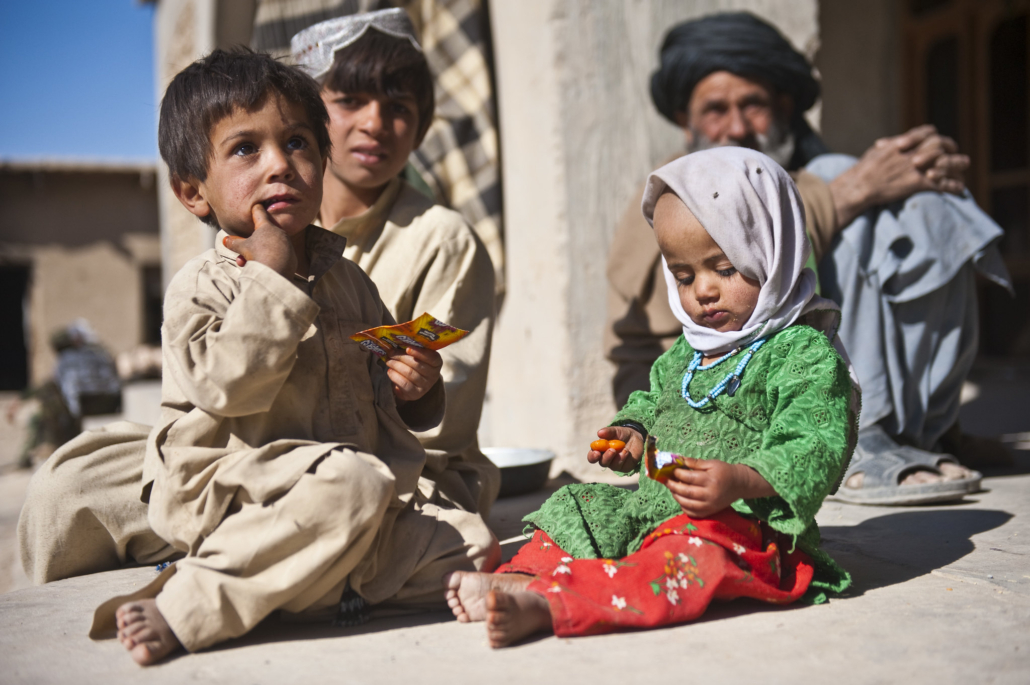Everything To Know About Infant Mortality in Afghanistan

When a child dies before his or her first birthday, that is a case of infant mortality. This statistic is most commonly measured in the number of infant deaths per 1,000 live births and gives insight into the general health of mothers and babies in a particular area. Here is information about infant mortality in Afghanistan.
One of the Highest in the World
Globally, as of 2020, Afghanistan has one of the highest infant mortality rates, with 45 deaths out of every 1,000 live births within the first year of life. For comparison, the infant mortality rate in Switzerland is only four deaths per 1,000 live births.
Inadequate Health Care and More
The extremely high infant mortality rate in Afghanistan is largely due to inadequate access to health care for women and mothers. Women often have to give birth at home without a doctor or with non-skilled birth attendants, which harms the baby’s chances at life. Not only is there a lack of health care professionals, but there is a lack of health care facilities in Afghanistan as well. More than 10% of Afghans have to travel more than two hours to reach a medical facility, leaving a lot of mothers in an unsanitary birthing environment. On top of that, illness, infection and poor nutrition couple together to create a rough environment for a newborn baby.
The Impact of the Taliban
With the recent laws the Taliban implemented since 2021, women have even more restrictions on receiving prenatal and postpartum care. According to Frontline, women are no longer allowed to travel more than 45 minutes without a male guardian, meaning that reaching medical facilities is nearly impossible for most women. In some cases, the law prohibits women from even receiving treatment from a male doctor unless their male escort is there, leaving a lot of women feeling shame or embarrassed to discuss their reproductive care in that setting.
Humanitarian Efforts
While all of these facts do not leave much hope for the infant mortality rates in Afghanistan to lower, UNICEF and the U.N. are currently working together to lower infant mortality rates.
One way of doing so is by providing necessary vaccines to newborn babies. Secondly, education is an invaluable resource. UNICEF specifically works with Afghan women to learn how to take care of themselves and their babies, so that they both can stay healthy. This involves getting to a proper medical facility for the birth, accessing methods to prevent future unwanted pregnancies and the provision of impactful interventions such as zinc and oral rehydration solution co-packs for the treatment of diarrhea at similar ailments affecting infants.
By combining these different approaches, groups like UNICEF and the United Nations hope to help lower maternal and infant mortality rates in Afghanistan. Hopefully, with continued efforts from humanitarian groups, more babies will be able to live past infancy and experience life to the fullest. It will be a hard battle due to the recent takeover of the Taliban but if these efforts continue, change will surely follow.
– Evelyn Breitbach
Photo: Flickr
